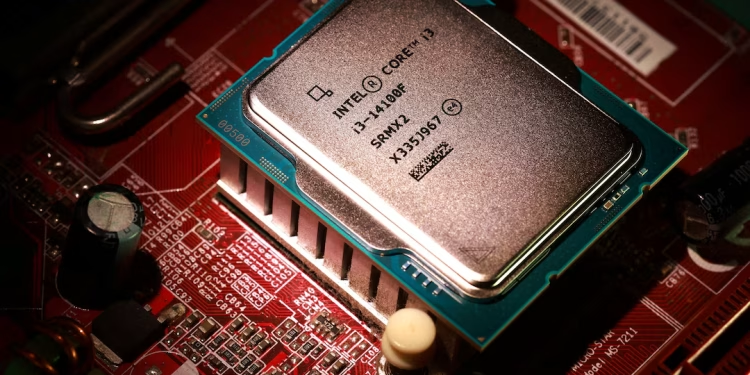Intel warns US stake may threaten its international business and access to future government support. The chipmaker disclosed the risks in a securities filing after the U.S. government decided to convert unpaid grants into an equity stake. The move marks one of the most unusual government interventions in corporate America under President Donald Trump.
Intel said the new arrangement could limit future grants and harm global sales. The filing raised concerns that other governments might also restrict support if they view U.S. ownership as a conflict.
Details of the equity deal
The deal converts $5.7 billion from the Biden-era CHIPS Act and $3.2 billion from the Secure Enclave program into U.S. equity in Intel. The government will purchase shares at a $4 discount, paying $20.80 per share compared to Intel’s market price of $24.80.
The transaction closes on August 26, giving Washington a 10% stake in the company. Intel noted that obligations under the CHIPS Act will be considered discharged, except for Secure Enclave program requirements.
Impact on international sales and regulation
Intel said foreign markets could react negatively to U.S. government ownership. The filing highlighted risks tied to foreign subsidy laws and additional restrictions from other countries. This is a critical issue for Intel, since 76% of its 2024 revenue came from sales outside the United States. China alone accounted for 29% of revenue.
The company warned that having the U.S. as a major shareholder could reduce international trust and potentially limit global growth opportunities.
Shareholder dilution and influence
Existing shareholders face dilution from the discounted share issuance. The government’s stake reduces voting power for other investors and increases Washington’s influence over Intel’s strategy.
Intel said government involvement could restrict its ability to pursue acquisitions, partnerships, or other deals that might benefit shareholders. The company acknowledged that the arrangement gives the U.S. “substantial additional powers” over laws and regulations affecting its operations.
Trump, leadership, and political backdrop
The deal followed a meeting between President Trump and Intel CEO Lip-Bu Tan. Reports indicated Trump had demanded Tan’s resignation due to his ties with Chinese firms. Instead, Intel agreed to the equity conversion, which Trump hailed as a move to safeguard national security and secure U.S. leadership in semiconductors.
Conclusion
With the agreement in place, Intel warns US stake could hurt both shareholder value and international sales. While the deal relieves Intel of nearly $9 billion in obligations, it increases Washington’s direct influence over the company’s future. For Intel, the challenge will be balancing U.S. government control with its heavy dependence on overseas revenue.














